Human Rights in the Baltic Countries: Accomplishments and Challenges
November 15 – 16, 2018
Tallinn, Estonia
Tallinn University, Auditorium Maximus
Estonia, Latvia and Lithuania have all joined the main global and regional human rights instruments and are viewed as compliant with their international human rights obligations. Yet there has not been a comprehensive comparative analysis of the human rights situation in the three Baltic countries. This conference will review trends and developments in the Baltic countries since the restoration of independence until the present day.
The two-day conference will be divided into two overall themes, each with two sessions. Day I will focus on Legal framework and processes, with sessions on The European Court of Human Rights and Domestic protection of human rights. Day II will focus on Actors and challenges, with sessions on Old and new human rights actors, and Current and future challenges.
Conference is free of charge, only registration needed!
Conference Programme:
THURSDAY NOVEMBER 15, 2018: LEGAL FRAMEWORK AND PROCESSES
- 9:00 Welcome
Mart Susi, Professor of Human Rights Law, School of Governance, Law and Society, Tallinn University
- 9:15 Keynote Speech
Mikael Rask Madsen, Director of the Centre of Excellence for International Courts, University of Copenhagen
- 10.00 Session 1: Baltic countries and Europe (the Strasbourg view)
Overview and Lessons of the Lithuanian Cases in the Strasbourg Court
Egidijus Kuris, Judge, Euroepan Court of Human Rights
Overview and Lessons of the Latvian Cases in the Strasbourg Court
Anta Rutka-Kriškalne, Head of the Office of the Representative of Latvia before International Human Rights Organizations
Overview and Lessons of the Estonian Cases in the Strasbourg Court
Maris Kuurberg, Representative of Estonia before the European Court of Human Rights
Each presentation will conclude with a QA and discussion
- Coffee break at around 11:30
- 12.45 Lunch
- 13:45 Introduction to the East European Yearbook on Human Rights
Mart Susi, Vesna Crnić-Grotić and Michał Balcerzak, Editors of the East European Yearbook on Human Rights
- 14.00 Session 2: Domestic Protection of Human Rights
Remedies against Human Rights violations in Lithuania
Rimvydas Norkus, President of the Supreme Court of Lithuania
Remedies against Human Rights violations in Estonia
Peeter Roosma - Judge at the Supreme Court of Estonia
Remedies against Human Rights violations in Latvia
Arturs Kućs, Judge at the Constitutional Court of Latvia
Each presentation will conclude with a QA and discussion
- Coffee break at around 15:30
- 16.45 Concluding Remarks
Tiina Pajuste, Associate Professor, School of Governance, Law and Society, Tallinn University
FRIDAY NOVEMBER 16, 2018: ACTORS AND CHALLENGES
- 9:00 Welcome and Remarks on Yesterday
Hans-Otto Sano, Director of Research, Danish Institute for Human Rights
Andreas von Arnauld, Walter-Schüking Institute for International Law, Kiel University
- 9:15 Keynote Speech
Sirpa Rautio, Director of the Finnish Human Rights Centre
- 10.00 Session 3: Current and Future Challenges
Current Developments in the Field of LGBT Rights
Phillip Ayoub, Associate Professor in the Department of Diplomacy & World Affairs at Occidental College
Social Practice of Human Rights Protection – The Case of Gender Discrimination
Alina Žvinklienė, Chief Researcher at the Institute of Sociology of the Lithuanian Social Research Center
Security, Fundamental Rights and the Role of Courts
Janneke Gerards, Professor of Fundamental Rights Law at Utrecht University
Freedom of Assembly in the Baltic states in the light of the OSCE/Venice Commission Guidelines on Freedom of Peaceful Assembly
Alexander Vashkevich, Professor at the European Humanities University Vilnius ans Former Justice of the Constitutional Court of Belarus
Each presentation will conclude with a QA and discussion
- Coffee break at around 11:30
- 12.45 Lunch Break
- 14.00 Session 4: Current and Future Challenges
Mapping the Jurisprudence of the ECtHR in the Baltic Region
Simone Hein Nielsen, former employee of the Danish Institute for Human Rights
Prioritizing National Interest at the Expense of Narrowing Regular Migrant Mobility and Residence
Elina Todorov, PhD Student at the University of Tampere
Climate Change Litigation before the ECtHR
Heta Heiskanen, Post-Doc Researcher at the University of Tampere
The Normative Force of the ECtHR: The Moral Reading of Rights in Minority Cases
Elina Pekkarinen, PhD Candidate at the University of Tampere
The Delfian Model: The ECtHR erred and crashed it in Delfi v. Estonia
Liudmila Sivetc, Doctoral Candidate at the University of Turku
Each presentation will conclude with a QA and discussion
- Coffee break at around 15:30
- 16:45 Closing Remarks
Mart Susi, Professor of Human Rights Law, School of Governance, Law and Society, Tallinn University
Speakers:
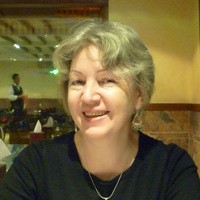 |
Alina Žvinklienė - Dr. habil. Alina Žvinklienė is a chief researcher at the Lithuanian Centre for Social Research (Lietuvos socialinių tyrimų centras-LSTS). She defended the thesis “A young family: expectations and reality” and obtained her PhD (candidate of philosophical sciences) in sociology from the Institute of Philosophy, Sociology and Law of the Lithuanian Academy of Sciences in 1988 and passed a post-doctoral habilitation procedure in social sciences with the thesis, “Women’s Cultural Citizenship in Lithuania”, at the Institute for Social Research in 2006. |
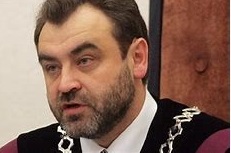 |
Egidijus Kūris - Lithuanian judge, professor and PhD in law. He is the former President of the Constitutional Court of the Republic of Lithuania and current representative justice for Lithuania to the European Court of Human Rights. |
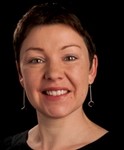 |
Janneke Gerards - Professor of fundamental rights law at Utrecht University and director of the Montaigne Centre for Rule of Law and Administration of Justice. Janneke Gerards holds a designated chair in Utrecht University’s research programme ‘Institutions for open societies’ and she is a fellow at the Human Rights Institute (SIM). Since 2015 she is a member of the Royal Netherlands Academy of Arts and Sciences. Her activities outside the university include being a deputy Judge in the Appeals Court of The Hague and being a member of the Human Rights Commission of the Dutch Advisory Council on International Affairs. |
 |
Mikael Rask Madsen - Professor of European Law and Integration at the Faculty of Law, University of Copenhagen, and the founder and director of iCourts, the Danish National Research Foundation’s Centre of Excellence for International Courts.Trained as both a lawyer and a sociologist, he has pioneered the sociology of international courts and law, as well as made key contributions to both theory and methodology of international socio-legal studies. His research interests include the globalization of law and the legal profession and its effects on new forms of institutions such as international courts.Recent publications include International Court Authority (Oxford University Press, 2018), co-edited with Karen Alter and Larry Helfer, “Between Universalism and Regional Law and Politics: A Comparative History of the American, European and African Human Rights Systems”, International Journal of Constitutional Law (2018), co-authored with Alexandra Huneeus, and “Backlash Against International Courts: Explaining the Forms and Patterns of Resistance to International Courts”, International Journal of Law in Context (2018), co-authored with Pola Cebulak and Micha Wiebusch. |
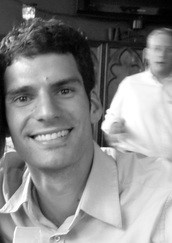 |
Phillip Ayoub – Associate Professor in the Department of Diplomacy & World Affairs at Occidental College. He received his Ph.D. from the Department of Government at Cornell University in 2013, after obtaining a B.A. from the University of Washington and M.A. degrees from the University of North Carolina at Chapel Hill and Cornell University. He also spent a year as Max Weber Fellow in the Department of Political and Social Sciences at the European University Institute, and four years as an Assistant and Associate Professor in the Department of Politics at Drexel University. |
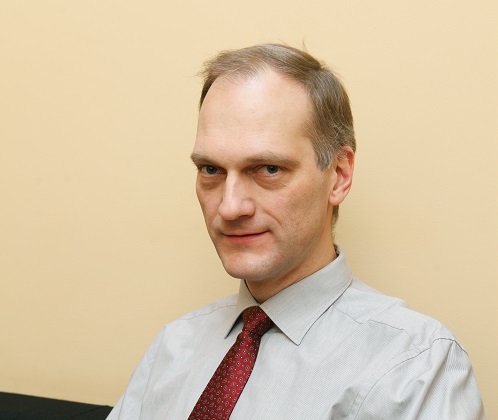 |
Peeter Roosma – Judge at the Supreme Court of Estonia. He completed his studies at Tartu |
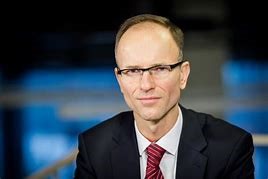 |
Rimvydas Norkus – President of the Lithuanian Supreme Court. He completed his studies at the University of Vilnius which concluded with a doctorate in 2005. From 1999 until 2009, he worked in various positions in the Lithuanian judiciary (Court of Appeal, Highest Administrative Court of Lithuania). |
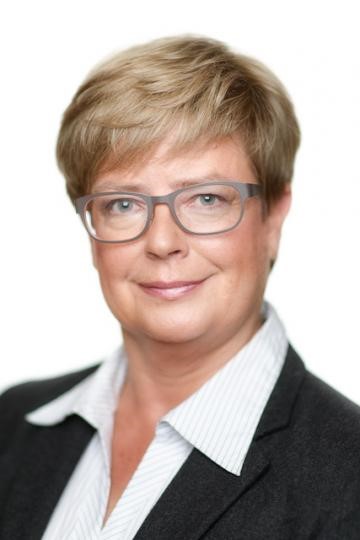 |
Sirpa Rautio – She is the Chair and Finnish member of the EU Agency for Fundamental Rights Management Board, with over 25 years of experience in human rights (e.g. the World Bank Nordic Trust Fund, the Council of Europe, the OSCE/ODIHR, the UN and the EU). |
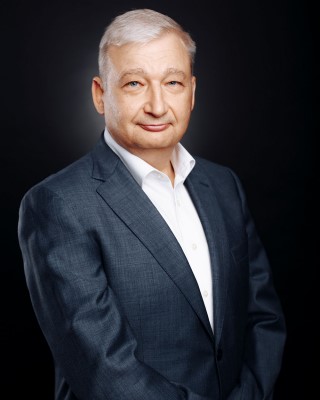 |
Prof. Dr. Alexander Vashkevich, Former Justice of the Constitutional Court of Belarus is a Professor of Public Law at European Humanities University in Vilnius, Lithuania and Visiting Professor at the Regional Master's Program in Human Rights and Democratization in the Caucasus. He teaches Comparative Constitutional Law, Human Rights Law, EU Institutional Law, and Law of International Organizations. |
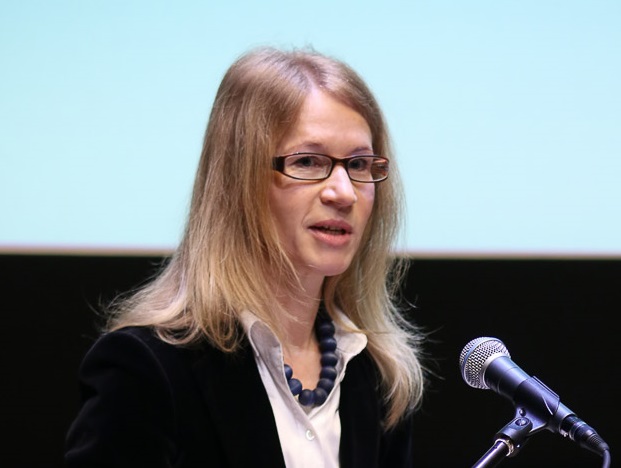 |
Maris Kuurberg (magister iuris) is the Estonian Government Agent before the European Court of Human Rights since 2008. She is working in the Ministry of Foreign Affairs. She is also a member of the Bureau of the Council of Europe’s Steering Committee for Human Rights, as well as a member of the same steering committee, a member of the Committee of Experts on the System of the European Convention on Human Rights and a member of the Drafting Group on freedom of expression and links to other human rights.Since 1999 she is a member of the Estonian Bar Association and since 2003 she is an Attorney at Law. From 1999 to 2004 she worked in Law Office HETA and from 2004 to 2007 in Law Office Ots&Co. During 2006-2007 she also worked in the Estonian translation division in the European Court of Justice. She has published numerous articles, including on the European Convention system, in the Estonian law review Juridica. |
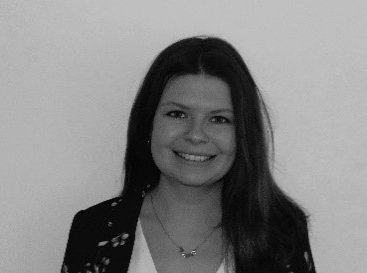 |
Simone Hein Nielsen has a Master degree in law and has previously worked at the Danish Institute of Human Rights in the research department and at the Danish Embassy in Rome, where she worked with UN agencies. She is currently working at the Ministry of Taxation |
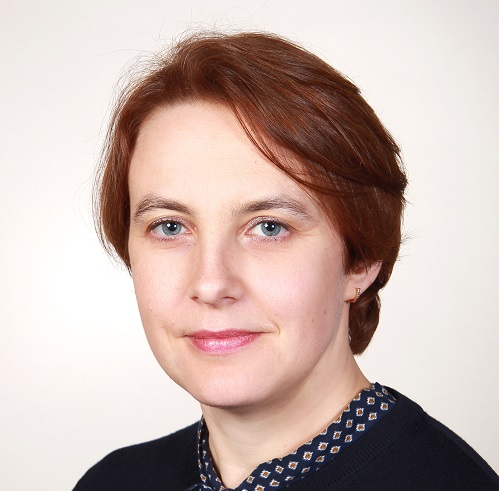 |
Anta Rutka-Kriškalne - Mrs. Rutka-Kriškalne works in the Ministry of Foreign Affairs of the Republic of Latvia, and is the Head of the Office of the Representative of the Republic of Latvia before International Human Rights Institutions. From 2013 to 2016 worked in the Embassy of Latvia in the Netherlands. She has acquired law degree from the University of Latvia and LLM in Public International Law and Human Rights from the Riga Graduate School of Law. Having 15 years of professional experience in human rights, currently she is also a member of the Council of Europe Drafting Group on the follow-up to the Recommendation Rec(2004)4 of the Committee of Ministers on the European Convention on Human Rights in university education and professional training. She has been a guest lecturer in the Latvian Judicial Training Centre on case law of the European Court of Human Rights. |
Additional information:
If you have any questions about the conference and arrangements, contact us:
Carsten Wulff:
E-mail: wulffc@tlu.ee
